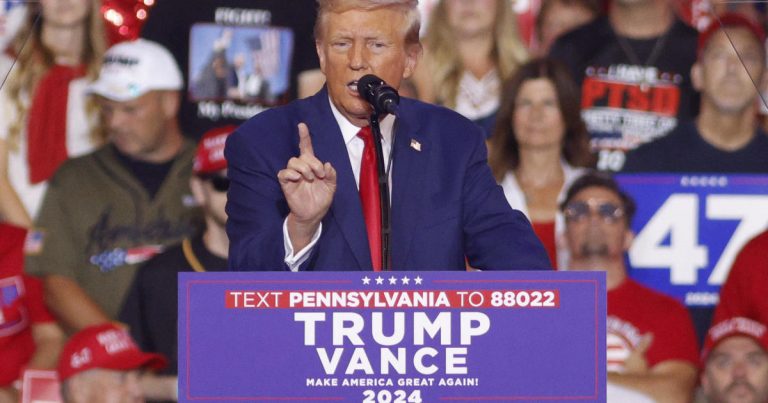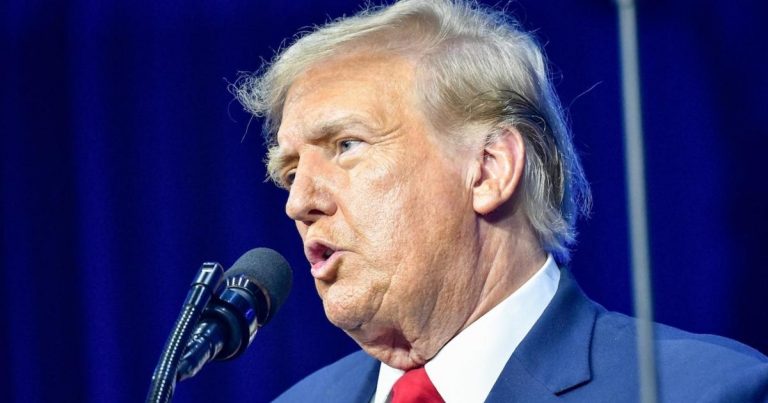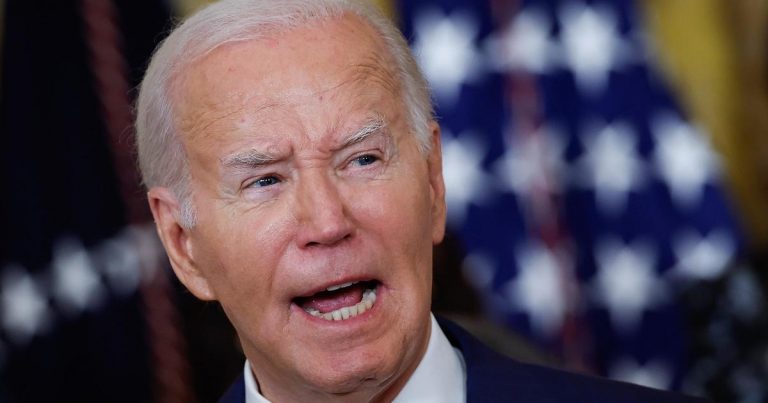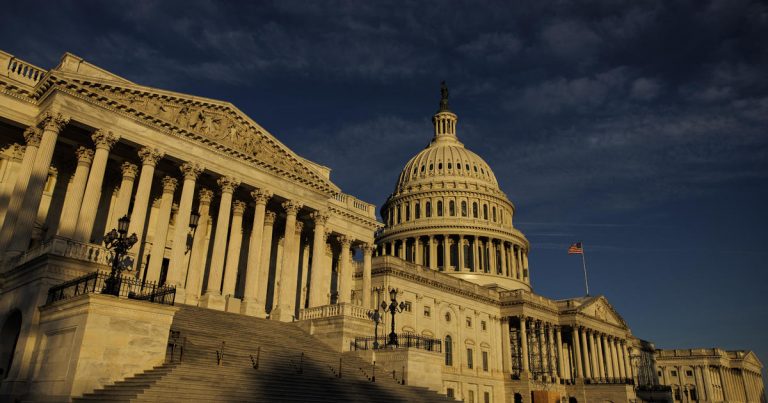Trump criticizes Jewish Americans who don’t support him in speech about antisemitism.
Former President Donald Trump delivered a speech in Washington D.C. targeting Jewish Americans who did not vote for him, criticizing them for potentially influencing the election outcome. Trump expressed his disappointment, claiming that his strong support for Israel should have garnered more votes from the Jewish community.
During a discussion on antisemitism with Dr. Miriam Adelson, a renowned Republican Party donor and wife of the late Sheldon Adelson, Trump highlighted his concern over the low percentage of Jewish voters who supported him despite his efforts to strengthen U.S.-Israel relations.
Throughout his speech, Trump emphasized the importance of Jewish support in the upcoming election, warning that if he is not re-elected, Israel could face dire consequences. He implied that his defeat would leave Israel vulnerable to potential threats and jeopardize its security.
At another event, the Israeli-American Council National Summit, Trump reiterated his disappointment with the lack of Jewish support, indicating that the Democratic Party’s influence over Jewish voters was concerning. He urged Jewish Americans to reevaluate their voting decisions, emphasizing the potential risks associated with supporting the opposing party.
Trump’s remarks regarding Vice President Kamala Harris’s potential presidency raised alarm, with him suggesting that her election could lead to increased conflict in the region. He painted a bleak picture of Israel’s future under a Harris administration, warning of potential attacks and the need for heightened security measures.
Despite facing backlash for his comments, Trump remained steadfast in his intention to secure the Jewish vote, especially in light of ongoing tensions in the Middle East. He pledged to prioritize the safety and well-being of Israelis and vowed to take decisive action if elected for a second term.
As the November election drew closer, Trump’s outreach to Jewish American voters intensified, recognizing their concerns and grievances with the current administration’s approach to foreign policy. His efforts to gain support from the Jewish community reflected his commitment to preserving U.S.-Israel ties and ensuring the safety of both nations.
While Trump’s rhetoric may have raised eyebrows and sparked debate, his determination to win over Jewish voters underscored the significance of their influence in shaping the political landscape. As the election loomed ahead, the Jewish vote emerged as a pivotal factor in determining the future direction of U.S. foreign policy and relations with Israel.
Regardless of the outcome, Trump’s appeal to Jewish Americans highlighted the complexities of electoral politics and the diverse perspectives within the community. His unwavering stance on supporting Israel and confronting antisemitism resonated with some voters, while others remained skeptical of his motives and rhetoric.
As the political drama unfolded, Trump’s outreach to Jewish voters continued to evolve, reflecting the shifting dynamics of U.S. foreign policy and the broader implications for the Middle East region. The upcoming election would test his ability to rally support from a diverse range of communities and navigate complex geopolitical challenges.
In the midst of uncertainty and speculation, Trump’s quest to secure the Jewish vote remained a key priority, highlighting the intricate balance of domestic and international concerns in shaping U.S. foreign policy. The outcome of the election would ultimately determine the course of U.S.-Israel relations and the future of regional stability.








